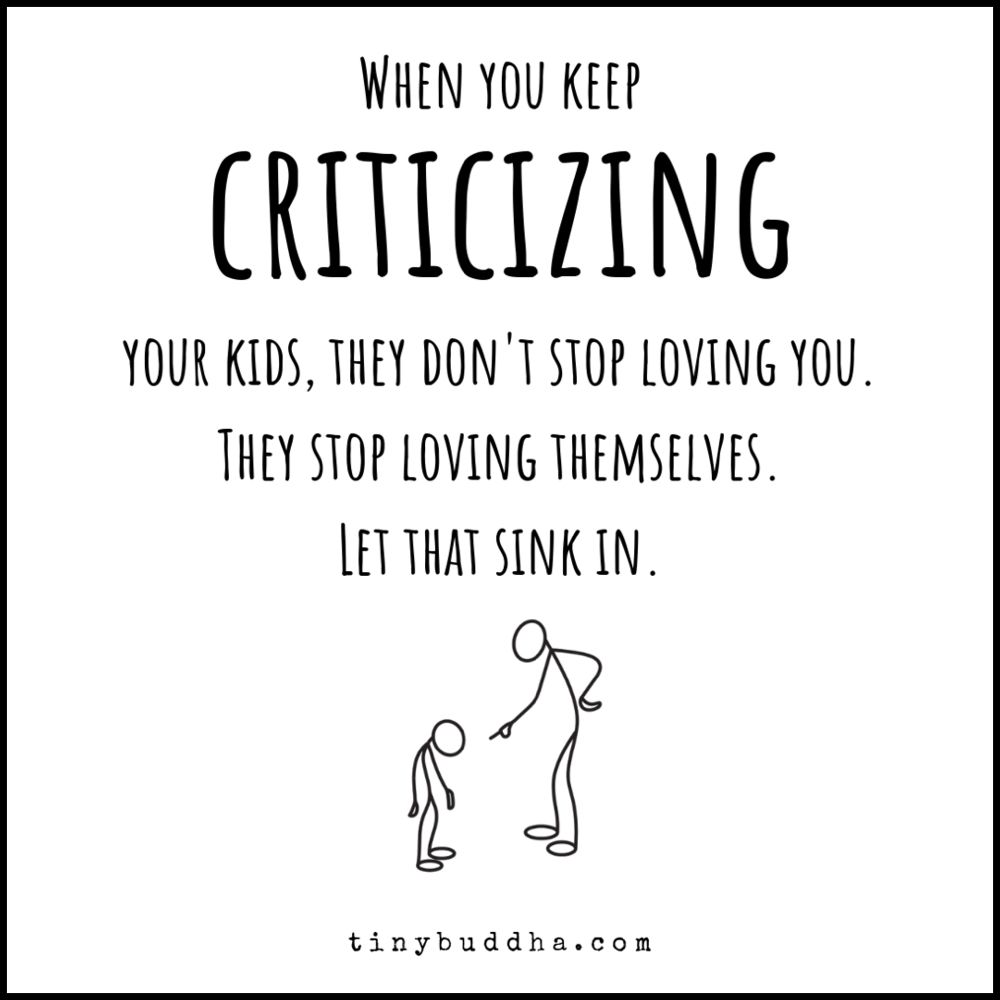During childhood, the prefrontal cortex develops, so impulse control is a complicated task for children, as well as stress control, which is more focused on external stimuli than consciousness itself, so it is normal that when we talk to them, they are distracted or scattered.
So, since there is no magic recipe for the prefrontal cortex to develop before the end of adolescence, we have some simple tricks at hand, with them we can make them listen, understand what we say and confirm their commitment to practice what we want. Say.
Be!
The distraction center will be our worst enemy in communicating with minors. But how can we beat him? Well, first of all, remove from your sensory field any stimulus you may be distracted by. Logically it will be very difficult to remove them all: we will not remove all the designs from the walls of your room, nor will we remove all the lint from the road, nor will we change the colored furniture by neutral colors or the walls when we want to talk to the child. So what can we do?
If we have the opportunity, it is good that we have as free a space as possible for such attractive stimuli, in this way we will force the child to focus on us, this will be useful both when we want to correct and when we want to recognize something or give order. In any case, what we want is for the message to stop.
What not to do? Talk to children as they watch TV, play, draw or read. By not talking, we are talking about avoiding sending important messages while performing other activities, not playing with them.
As for care, the most important meaning is vision, and therefore what we need to ensure most, we have to try to get the child to look at us: children, like adults, often pay attention to where they look. Can we come before you or ask for your look?” Please, John, look at me. “
If your attention is not yet developed your memory will not develop either, when we order children it is best to be as short and accurate as possible, in this order there should be:
Another aspect related to time. If you told him to do something after you finish playing, don’t repeat it every five minutes, let the room perform its recreational function, and don’t encourage a habit of thinking about anything other than what’s being done. in something, we can say that it is in its ability to concentrate on the present and let it flow. Enjoy it!
Another trick is to give orders one by one, correct appearance by appearance and sincerely reward/congratulate. “I like that you do this because ??,” I didn’t like what you did because ??. If the child was drawing that?and also chose the colors very well, congratulated her on one of these aspects and waited for her to rehearse so that she could re-congratulate her Equal to correct: children do many things that can be improved, then this improvement should be done gradually and on the basis of small goals.
One trick for children to pay special attention when we want them to recognize that they have done something very well is to tell them that we are going to reveal a secret to them.
If we want to correct or rebuke a child, it is best to do so as soon as possible, so that there is as little time as possible between fact and warning. He thinks that, for children, the day is too long. : for them, at night, what happened in the morning has already happened.
We also advise you, when you are going to pass important information, to evaluate the mood of the child, it is not the same as a child at a quiet time and a child in a moment of emotion for something that he really likes, such as going to the park It is also not the same to treat a child who has just woken up and a tired child at the end of the day.
Much less with a child with relaxed arms and a child with crossed arms in a defensive attitude, so before contacting them, in some cases, it would be better to let them relax and enter into a communication situation by themselves.
Finally, to make sure the child understands us, it is good to ask for confirmation and, in some cases, it is not wrong to hear what he thinks of what we have told him.
It may be small, but we must not forget that it behaves as it does for some reason and, if we do not know which one, it is good to know so that our interventions are even better. He thinks that if we keep the communication channel open and asking, it will be easier for him to tell us and therefore the measures we take are more appropriate to his needs.
One way or another, encourage yourself to communicate with your children, they can be difficult and very complicated sometimes, but remember that education is a worthwhile responsibility.

